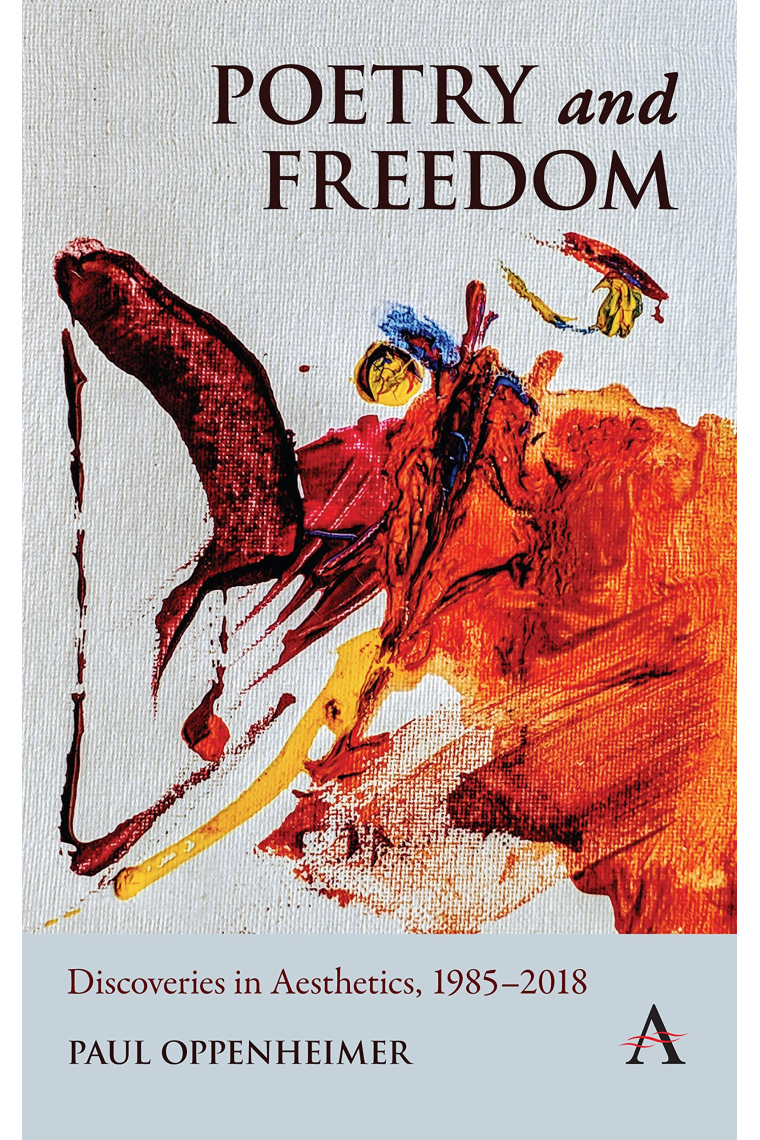Detalles del libro
This book offers a ground-breaking exploration of the aesthetics of poetic freedom. The range is broad, from antiquity to the present and from Europe and the Middle East into the poetry of the English-speaking world. Silent reading is shown as developing for the first time since the fall of the Roman Empire into a fashionable way of reading, starting with the invention of the sonnet in the High Middle Ages. The social use of the word "we," as when a society generalizes about itself, first appears in poetry in T.S. Eliot's "The Love Song of J. Alfred Prufrock." In Goethe's "Roman Elegies" anachronism becomes a literary device--also, it seems, for the first time--introducing a novel timelessness essential to modern affirmations of infinity.Revealing questions about the elusiveness of poetic freedom--what does the term actually mean?--are repeatedly tested against the accomplishments of major poets such as Whitman, Dickinson, Rilke, Dante and Virgil, and their public yet intensely private originality. The result is a fresh, and well-nigh revolutionary, way of seeing literary and modern history, or an initiation into the more striking gift of aesthetic freedom.
- Encuadernación Tapa dura
- Autor/es Oppenheimer, Paul
- ISBN13 9781839981784
- ISBN10 1839981784
- Páginas 224
- Año de Edición 2021
- Idioma Inglés
Poetry and Freedom: Discoveries in Aesthetics, 1985-2018
- Paul Oppenheimer
- Editorial ANTHEM PRESS
- ISBN 9781839981784
 ¡Gracias por comprar en librerías reales!
¡Gracias por comprar en librerías reales!

 Lo mejor de noviembre
Lo mejor de noviembre  Alibri Llibrería, Barcelona
Alibri Llibrería, Barcelona
 Librería Lé, Madrid
Librería Lé, Madrid
 Caselles Llibrería, Lleida
Caselles Llibrería, Lleida








